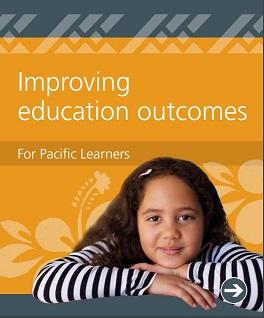Ko te ako i roto i ngā Whare Haumaru o Oranga Tamariki
Published: 01 Jul 2021
- Audience:
- Academics
- Education
- Parents
- Schools
- Content type:
- Research
- Topics:
- Te Ihuwaka | Education Evaluation Centre
- At-risk students
- Behavioural needs
- Best practice
- Boys' education
- Child wellbeing
- Culture
- Education and care services
- Education outcomes
- Education transitions
- Equitable outcomes
- Good practice
- High needs
- Māori
- Physical and emotional safety
- Priority learners
- Raising achievement
- Social workers
- Teaching
- Te reo Māori
- Transitions
- Vulnerable learners
- Wellbeing







